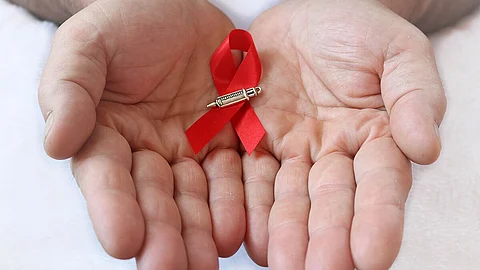NACO’s 2024 report, Sankalak: Status of National AIDS and STD Response, indicated that 3,579 cases of congenital syphilis were reported in India in 2023-24, based on data from the Health Management Information System. Among the states, Karnataka had the highest number with 933 cases, followed by Maharashtra at 836, and Tamil Nadu at 600. This marks a drastic increase from Tamil Nadu's 14 cases in 2020-21 and 20 cases in 2021-22. Notably, only 111 of the 600 affected infants in Tamil Nadu received treatment.
Referring to the NACO report's figures, a representative from the Tamil Nadu State AIDS Control Society insisted that the actual number of congenital syphilis cases was far lower, with only eight confirmed cases in 2023-24, according to their records. Despite the report being published on World AIDS Day, December 1, 2024, the officials have yet to notify NACO about the discrepancy.
The NACO report emphasized that infants exposed to syphilis require ongoing monitoring, including clinical assessments and serological tests, to detect potential complications. Infants diagnosed with congenital syphilis should begin treatment immediately, with benzathine penicillin G being the recommended first-line medication. [1]


